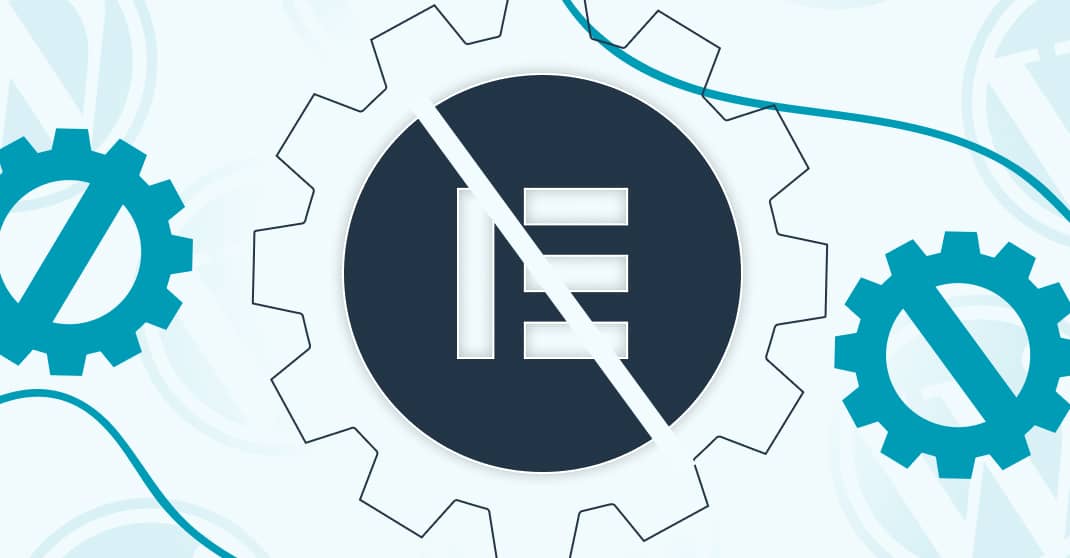In the field of web design, there is a constant struggle to find the perfect builder to help us create attractive and functional websites. But here’s a spoiler… It’s not Elementor.
Elementor has gained a loyal fan base, but it’s not without its critics. That’s why, in this blog, we’ll explore why other builders outperform Elementor and why you should consider ditching it in favor of WordPress’ native block editor.
Contents
What exactly is Elementor
Before we go into details about the reasons to avoid Elementor, it’s important to know about it. Elementor is a popular page builder for WordPress that allows users to drag and drop elements onto their websites in a visual interface. While it has been a favorite of many, it has its challenges and limitations.
Why not use Elementor?
1.Site performance and speed
One of the main drawbacks of Elementor is its impact on website performance and speed. As an external page builder, Elementor adds an additional code and processing layer to each page of your site.
This can significantly increase load time and negatively affect the user experience, especially on mobile devices and slow connections.
On the other hand, our solution, the native editor, is an integral part of WordPress since version 5.0. Being a native solution, it does not add additional load to the site, resulting in faster performance and better search engine rankings.
2.Over-reliance on supplements
Elementor offers a wide range of functions and features through its ecosystem of add-ons and extensions. While this may seem appealing at first, it can lead to an over-reliance on third-party add-ons.
Over time, this situation can become chaotic, especially when plugins are updated or no longer compatible with newer versions of WordPress or Elementor.
The native WordPress editor, on the other hand, is based on predefined blocks and is highly extensible through the use of plugins compatible with the block editor. Some plugins are integrated directly into the WordPress core or are developed by the community, which ensures greater stability.
3.Compatibility issues and updates
By relying heavily on external plugins and widgets, Elementor can face compatibility issues after updates. If not managed properly, this could result in a broken site or damaged functionality.
The WorPress native editor, on the other hand, is an integral part of WordPress and is updated along with new versions of the platform. This means that a greater cohesion between the different components of your website is guaranteed.
4.Simplifies workflow:
Other editors offer a simpler editing experience and a better workflow. By focusing on blocks, users can add content more quickly and consistently.
In short…
If you are looking for a durable and high-performance solution for your WordPress website, its native editor is the most solid choice. Its native integration with WordPress, its optimal performance and the absence of an overload of plugins make it a more reliable and sustainable tool in the long run.
While Elementor has been popular and has delivered satisfactory results for many users, it is critical to look to the future and choose a solution that is better aligned with WordPress core and emerging technology trends.
